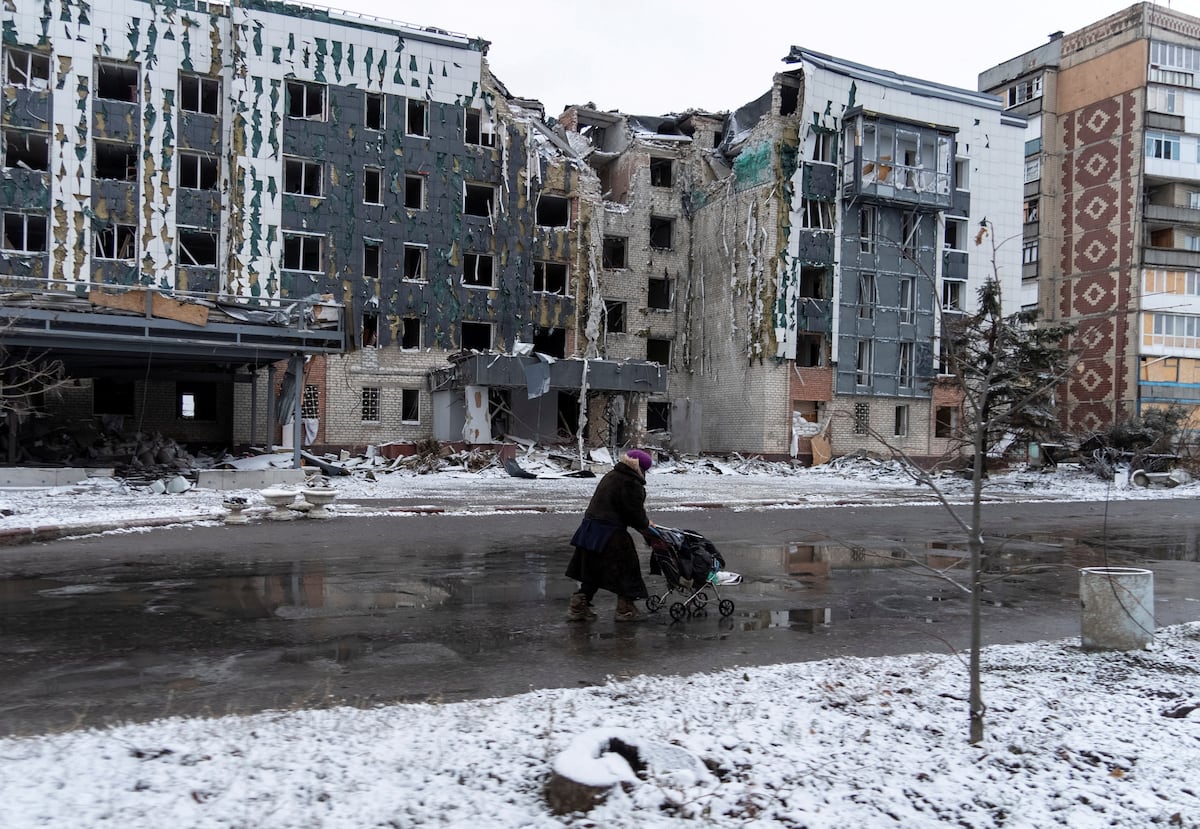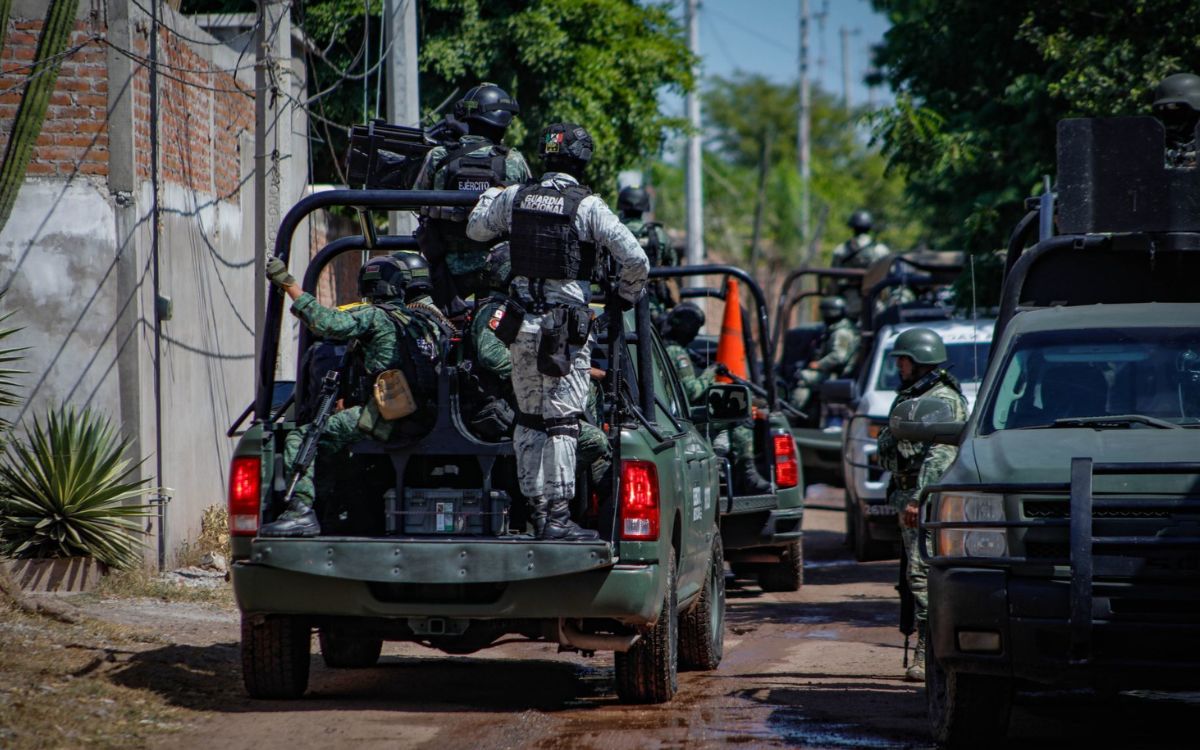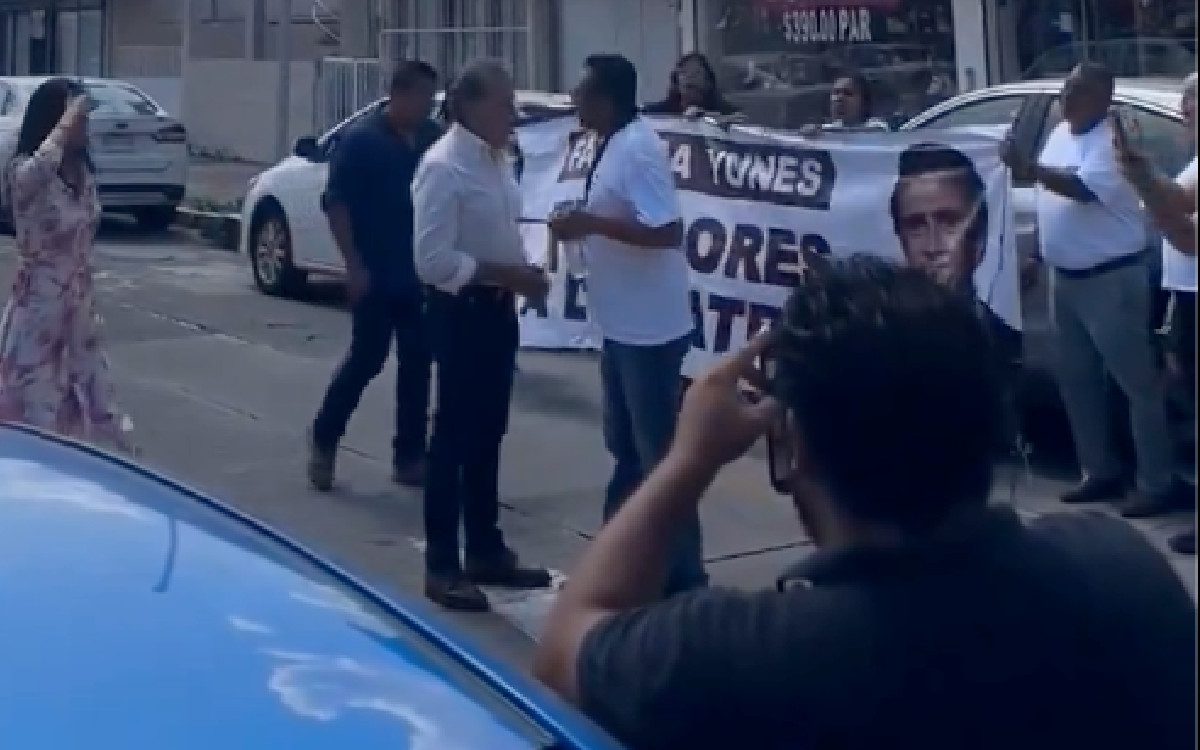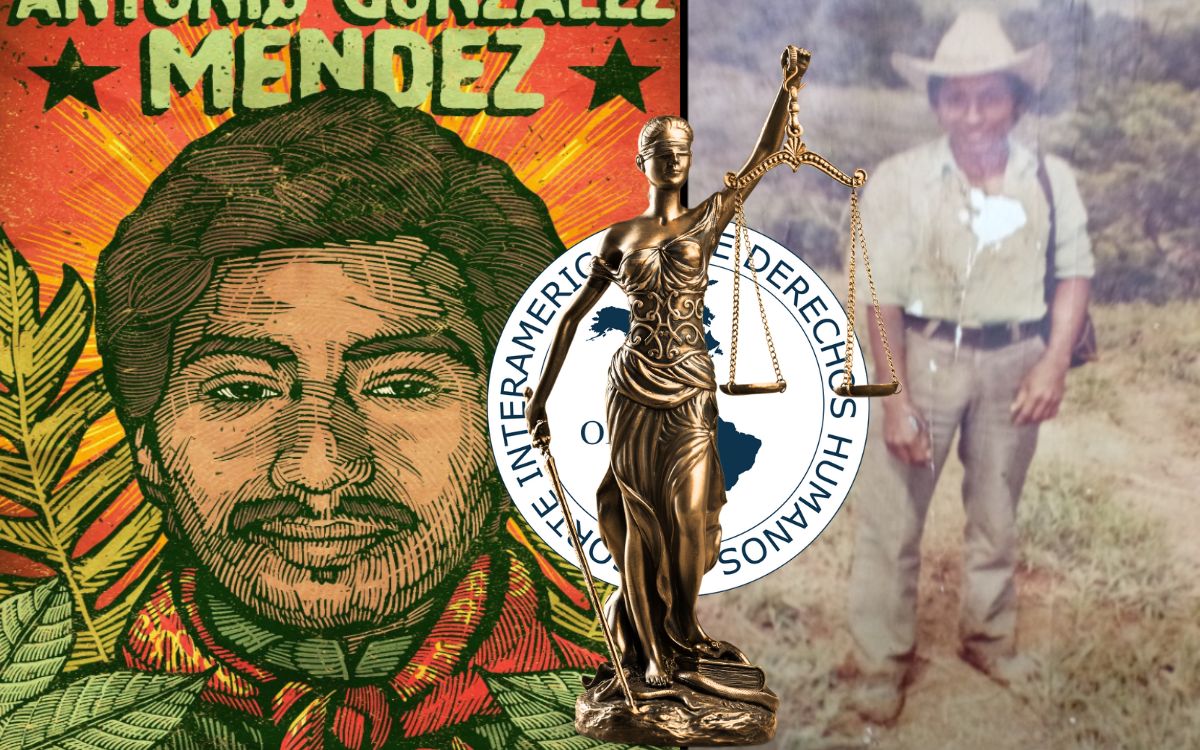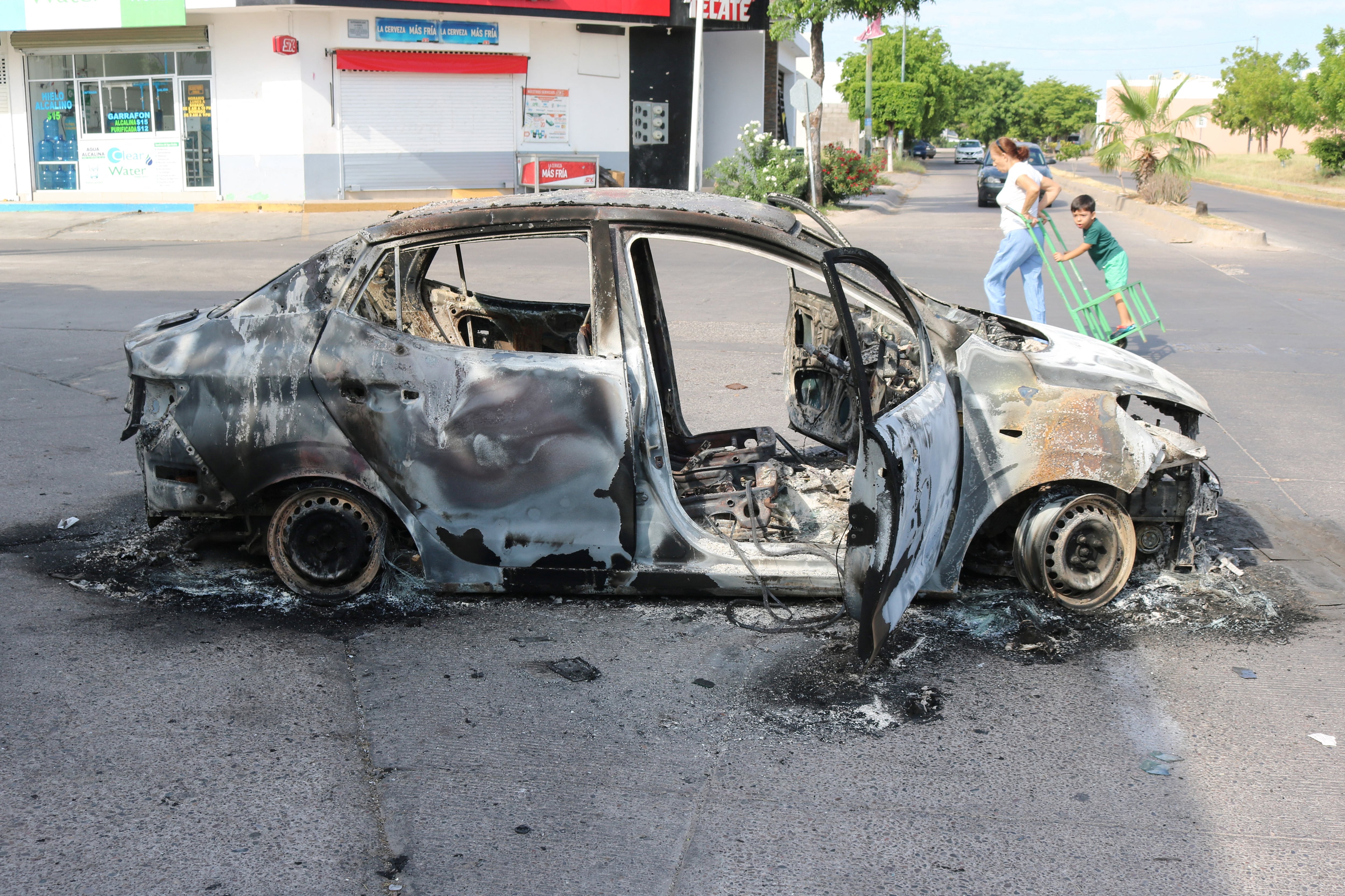
Two car bombs in Guanajuato. The decapitation of the mayor of Chilpancingo. The discovery of a dismembered body abandoned in a cooler wrapped with gift bows in Sinaloa. In the midst of a spiral that left almost 200,000 people dead during the last six-year term, violence has reached levels of sophistication and barbarity that go beyond what statistics are able to record. The security crisis has been the main challenge at the beginning of Claudia Sheinbaum’s administration and has placed Mexico at the forefront of a discussion as uncomfortable as it is delicate: can the events of the last few weeks be considered acts of terrorism? It is not just a label. The debate has resurfaced at a critical moment: on the eve of the U.S. election, in an atmosphere of complete distrust and reproaches between the two countries, and in view of the possibility of victory for a candidate — Donald Trump — who has for years pursued the idea of naming drug cartels as terrorist groups, with potentially disastrous consequences.“It’s a very thorny issue,” warns Mauricio Meschoulam, an internationalist specializing in terrorism who has studied the phenomenon in Mexico for 14 years. The point that divides security specialists is that narco-violence does not fit entirely into the classic definition of terrorism: the use of violence for political, ideological, or religious purposes. “Organized crime is interested in having the government in its pocket, but it does not have a project to take over the government, like the Taliban or the guerrillas in Colombia,” says Víctor Hernández, an academic at Tec de Monterrey.For analyst David Saucedo, on the other hand, the detonation of car bombs does constitute acts of narcoterrorism because the aim is to obtain economic-criminal benefit, to instill panic in the population, to spread the message through the media, and to send a message to the authorities. “There is no political vindication, but it can be said that drug trafficking generates situations equivalent to those carried out by terrorist groups, and just as serious,” notes Víctor Sánchez, an academic at the Autonomous University of Coahuila.One of the buildings damaged after a car bomb in Jerécuaro, Guanajuato State, on October 24.Ivan Arias (Reuters)Meschoulam proposes the term “quasi-terrorism” as a solution to the debate. “It is one thing to kill someone and another to hang them from a bridge, or film a video when you are torturing them and send it to the media to broadcast it,” says the academic. “There is a communication strategy, it is not just about committing violence, but using it to generate psychosocial effects: hopelessness, frustration, doubts about who the government really is, the message that they are the ones in charge in certain areas,” he adds.The specialist also warns of the sophistication of violence generated by organized crime groups in the last decade. “They have a greater territorial presence and more capacity, they no longer need traditional media to transmit their messages and there is a kind of moral disconnection, of dehumanization of rivals; the victim of this violence is seen as an object,” says Meschoulam of extreme violence. The war between Ismael “El Mayo” Zambada’s faction and Los Chapitos for control of the Sinaloa Cartel is an example: hats or toys are placed on bodies, going beyond traditional narco-messages.The debate on terrorism is not new, nor is it limited to academic circles. The term also carries a strong political charge. “It cannot be classified as terrorism,” Sheinbaum concluded in her daily press conference after the attacks in Guanajuato. “There cannot be acts of terrorism like these,” reproached deputy Rubén Moreira, of the opposition PRI. At one political extreme, the opposition seeks to make the tragedies take their toll on the government. At the other, the ruling party minimizes the events and presents its most diligent face. But that was not always the case. At the beginning of the war on drugs, former president Felipe Calderón labeled the perpetrators of the fire at the Casino Royale as “incendiary murderers and true terrorists.”Security forces at the scene where the bodies of two men were found inside a car, south of Culiacán.José Betanzos Zárate “It is in the interest of the Armed Forces to talk about terrorism in Mexico, and in the United States, of Trump and his followers,” says internationalist Jorge Schiavon. It is a discourse that gives rise to tougher measures against organized crime, which explains Calderón’s words during his government and the interest of hardline sectors of the Republican Party to name the cartels as terrorist groups to justify U.S. military operations in Mexico. Trump explored the idea during his presidency and threatened to do so in 2019, but in the end he gave up. Now it is one of his campaign proposals and is shaping up to be one of his first actions, if he returns to the White House.Democrats have also flirted with the term before. In 2010, then-secretary of state Hillary Clinton spoke of insurgencies when referring to Mexican cartels and compared them to the influence they had in Colombia during the 1990s. At the time, the media also reported that the idea of U.S. military intervention in Mexico was being mooted. The Democrats have abandoned this discourse a decade later. Ambassador Ken Salazar, for example, has stayed out of the latest debate.Although its legality is not compatible with international law, U.S. legislation provides for extraterritorial applications when it comes to combating terrorism. “In Mexico, whether or not a group is labeled as terrorist does not provide permission for any country from outside,” says Sánchez. “I am very critical of the security policy of this government, but it is a national issue: another country cannot be allowed to take unilateral measures, even if it is the most powerful.”U.S. Ambassador to Mexico Ken Salazar discusses the arrest of Sinaloa Cartel leaders last August.José Méndez (EFE)Sheinbaum’s caution is explained, in part, by the political game on both sides of the border. “Whoever wins, Trump or Harris, there will be a hardening of the United States’ policy towards Mexico,” says Schiavon. The Mexican government does not want to give pretexts for greater interference by Washington in internal affairs. The opposition, on the other hand, has used more explosive rhetoric and, in an attempt to gain relevance, does not look unfavorably on greater bilateral cooperation in the fight against organized crime.The main question for Mexico, if a more radical Trump than the one who previously governed wins, is whether his threats are credible. “I don’t see an open invasion as plausible, but I do see covert operations,” says Meschoulam. It could also be the start of a negotiation: as has been seen before, Trump takes the toughest position and puts his counterpart on the ropes to force him to give in.In addition to the designation of the cartels as terrorist groups, there have been other messages from the United States. Christopher Landau, who was Trump’s ambassador to Mexico, this week shared a graphic published by Elon Musk about “encounters” (arrests) of terrorists on the country’s southern border. “If there is a terrorist attack in the United States committed by someone who crossed the border from Mexico, that border will never return to normal,” Landau wrote on social media. The diplomat suggested that the Mexican government must take the issue seriously, if it does not want greater controls that slow the transit of people and goods. The specter of terrorism not only clouds the security agenda, it also affects the other two main issues of the bilateral relationship — trade and migration — and even the geopolitical terrain.Christopher Landau gives a press conference at Mexico City International Airport.EL PAISLast June, the arrest of eight Tajik citizens with “potential links to ISIS” who entered the United States through Mexico was announced. “There is no credible evidence that international terrorist groups established bases in Mexico,” the State Department said in 2022, although it also noted that “the southern border remains vulnerable to the transit of terrorists.” Meschoulam explains that the United States has increasingly identified people possibly linked to terrorist organizations, but when it cannot 100% prove the accusations, it singles them out for having “potential links.” “It is perceived as a porous border and is used as another incentive to tighten control and immigration policy,” he says.At the same time, the use of violence by the cartels is increasingly similar to that of terrorist organisations. And their links are increasingly well documented. In 2020, after announcing one of the largest seizures of captagon, a popular variant of methamphetamine in the Middle East, the Italian authorities made public their suspicions that the shipment, valued at $1.1 billion, was produced in Syria to finance the coffers of Islamic State with the help of local mafias, recalls Meschoulam. “They have become one of the largest producers of this drug and have found extremely productive means of financing,” notes the researcher. These are two-way relationships: drug traffickers can ally themselves with terrorists to increase their firepower, and terrorists seek out drug traffickers to capitalise on illicit markets, such as drug trafficking or human trafficking.On the ground, the cartel wars have drawn parallels with Ukraine or the Middle East due to the scenes of barbarism, the number of violent deaths, or the use of military-grade weapons and explosives, but the use of the banner of combating terrorism remains thorny as the country continues trying to understand the violence that runs through it. The debate has transcended borders, just a few days before an election that is critical for bilateral relations, and at a low point for security cooperation.Two people pray in front of a memorial for Alejandro Arcos, mayor of Chilpancingo who was murdered last October.José Luis de la Cruz (EFE)Sign up for our weekly newsletter to get more English-language news coverage from EL PAÍS USA Edition
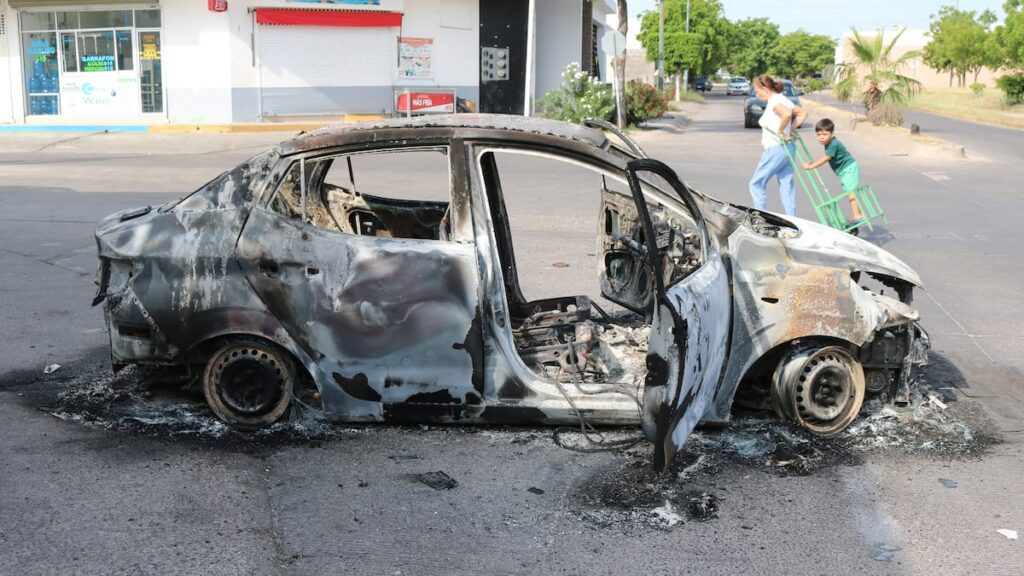
Narco-violence, fear and politics: Specter of terrorism looms over relationship between Mexico and the United States | International
Tiempo de Lectura: 6 Minutos
What’s your Reaction?
0%
Love
0%
Smile
0%
Haha
0%
Sad
0%
Star
0%
Weary
Shares:


